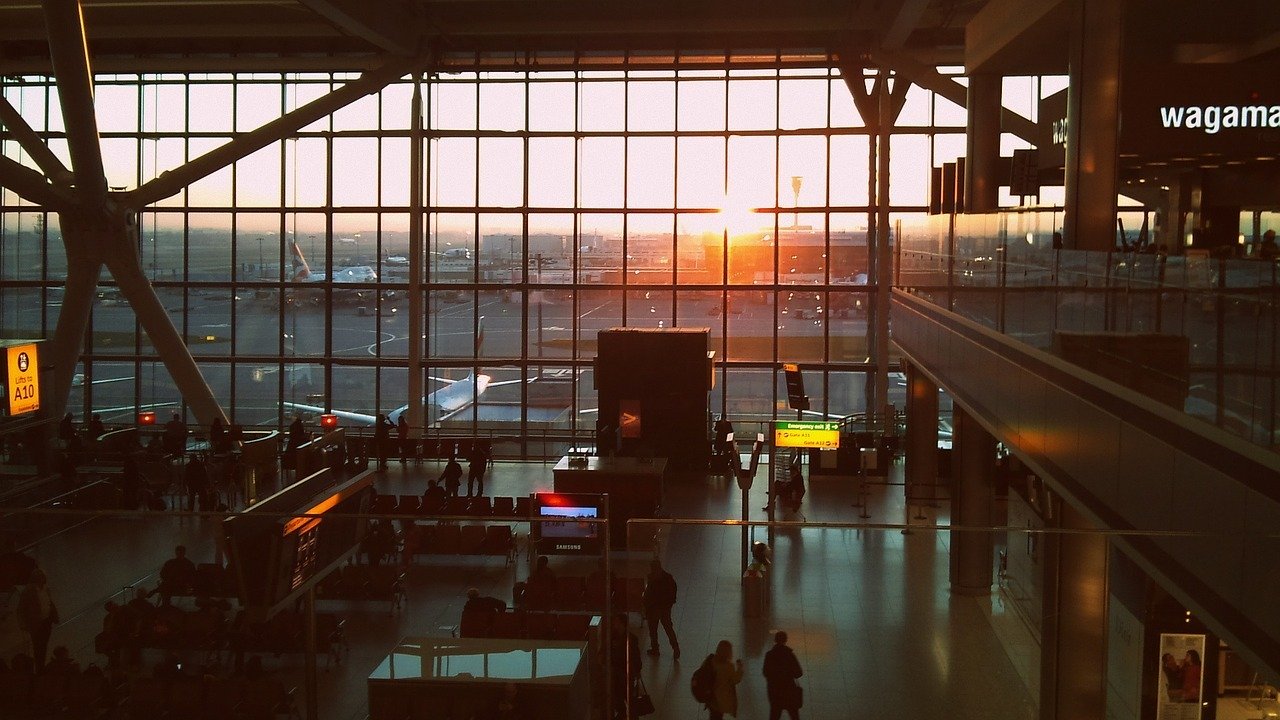
As the UK is getting ready to ease lockdown, the Home Office announced on 22 May that from the 8 June, anyone entering the UK must self-isolate for 14 days. These UK quarantine rules mirror measures introduced by many countries across Europe in the fight against the spread of COVID19. Only travellers from the British Isles including the Isle of Man and the Republic of Ireland, as well as certain professionals are exempt from the new rules.
Across the Schengen Area and the European Union, many countries are tentatively planning to relaunch their tourism industries. But air travel remains restricted although some airlines will re-establish their flight schedules at least in part over the coming weeks and months.
The Schengen Area includes 22 EU member states as well as Switzerland, Lichtenstein, Iceland, and Norway. Among the member states, no border checks operate. Ireland, Croatia, Bulgaria, and Romania are members of the European Union only. And the UK, well, since the end of January 2020, Britain is going it alone.
Last week, the UK home office announced the new UK quarantine rules. From 8 June, anyone travelling to the UK, including Brits, must self-isolate for two weeks. The Home Secretary Priti Patel said that the new measures would help to prevent a second wave of coronavirus infections. In recent weeks, the UK government has been easing restrictions as the number of new infections and the death rate stabilized.
On the 1 June, schools will reopen in part alongside certain non-essential retail outlets including car dealers and hardware stores. The easing of the lockdown may enhance the threat of a second surge with imported cases becoming a primary source. The government hopes to stem this danger through the introduction of a mandatory quarantine period for anyone entering the UK. Priti Patel said:
“As the world begins to emerge from what we hope is the worst of the coronavirus pandemic, we must look to the future and protect the British public by reducing the risk of cases crossing our border.”
“We are introducing these new measures now to keep the transmission rate down and prevent a devastating second wave.”
The new rules apply to anyone travelling to the UK including, Schengen and EU residents and citizens, UK citizens, and international travellers. Only travellers from the Channel Islands, the Isle of Man, and the Republic of Ireland will not have to self-isolate.
On arrival at UK airports and ports, each person must fill out a ‘contact locator’ form, and authorities carrying out spot checks may impose fines of up to £1000 if travellers do not comply with the UK quarantine rules.
Exemptions also exist for hauliers, medical personnel, and other professionals working to fight the pandemic. A full list of exemptions is available on the UK government website.
Reciprocal Quarantine Rules in other European Countries
Schengen Area and EU countries have also introduced travel restrictions. France matched the UK quarantine rules by introducing similar restrictions on UK travellers as well as passengers originating in Spain although they can self-isolate voluntarily.
Although the UK and France had set up a working group with a view to exempting French travellers to the UK, the 14-day quarantine rules now also apply to them. After a call between Boris Johnson and Emmanual Macron appeared to indicate a special relationship between the two countries, the UK scrapped those plans leading to a degree of confusion and ultimately, to reciprocal action from the French.
For now, the French border remains closed. Spain too introduced a quarantine period for foreign passengers which will remain in place until 1 July. British citizens with permanent residency status in Spain may continue to enter. On 1 July, Greece reopens its borders to tourists. Health official may carry out spot checks, but passengers won’t have to take a coronavirus test or self-isolate.
Apart from the Netherlands and Sweden, all European countries, including Switzerland restrict travel from the UK.
As nations begin easing travel restrictions, each country is setting its own pace. Those heavily reliant on tourism including Italy, Cyprus, and Portugal are eager to refuel the travel industry, thus lifting travel restrictions on a phased basis. Most European countries are easing entry restrictions, starting with their immediate neighbours. Germany, for instance, is planning on lifting travel restrictions from France, Switzerland, Austria, and Denmark on 15 June.
Many borders remain closed altogether. Belgium, Norway, and Poland still don’t allow entry, whereas the Republic of Ireland has also introduced a 14-day quarantine period for all travellers.
Boasting that his country had the “best clinical situation in Europe”, the Slovenian Prime Minister announced that, from 15 May, the borders would be open to all EU citizens.